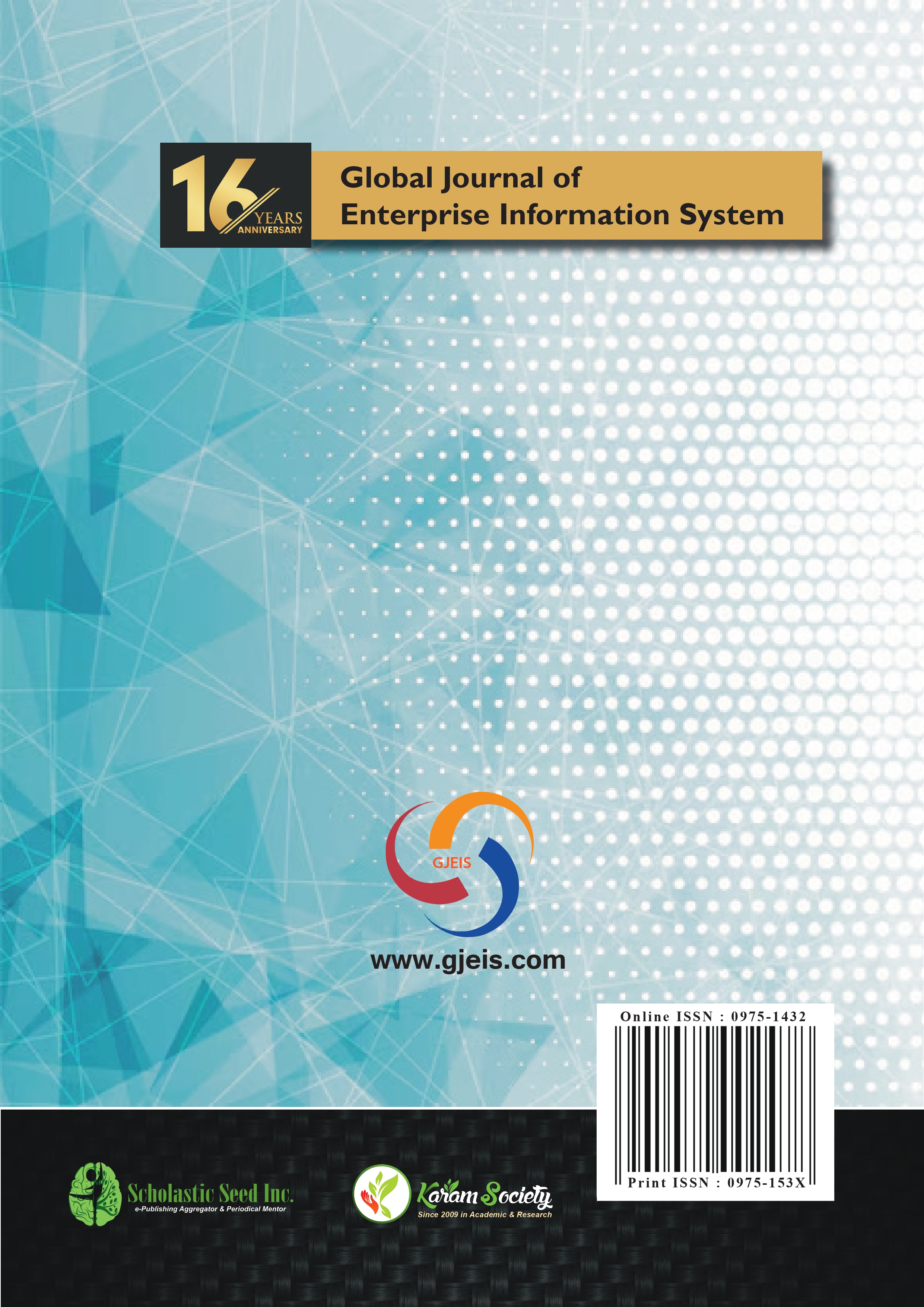Liberalisation and Current Account Balance: An Empirical Evaluation
Abstract
An empirical relationship is examined between the Current Account Balance (CAB) and liberalisation expressed in terms of Financial Openness (FO) and Trade Openness (TO) for a quarterly period of January 2000 to March 2016. The primary domain of this study encompasses the evaluation of impact of Financial Openness and Trade Openness on CAB, over a select period of time (long run and short run), through the Auto Regressive Distributed Lag model (ARDL). ARDL model was developed and tested empirically, in order to anticipate the likely existence of stationarity associated with the time series data over the study period. Empirical results suggested that both the selected variables (FO and TO), have significant impact on CAB in long run whereas in case of short term, it was observed that only TO had significant impact on CAB. Therefore, researchers concluded that policy makers should focus more on Trade Openness to increase the exports over a short as well as long period of time. Similarly, on import basis government should concentrate more on FDI inflows over long run, which shall lead to an increase in employment level and productivity that shall finally act as an impetus to increase the exports from India to the rest of world
Copyright (c) 2020 Global Journal of Enterprise Information System

This work is licensed under a Creative Commons Attribution-NonCommercial-NoDerivatives 4.0 International License.








